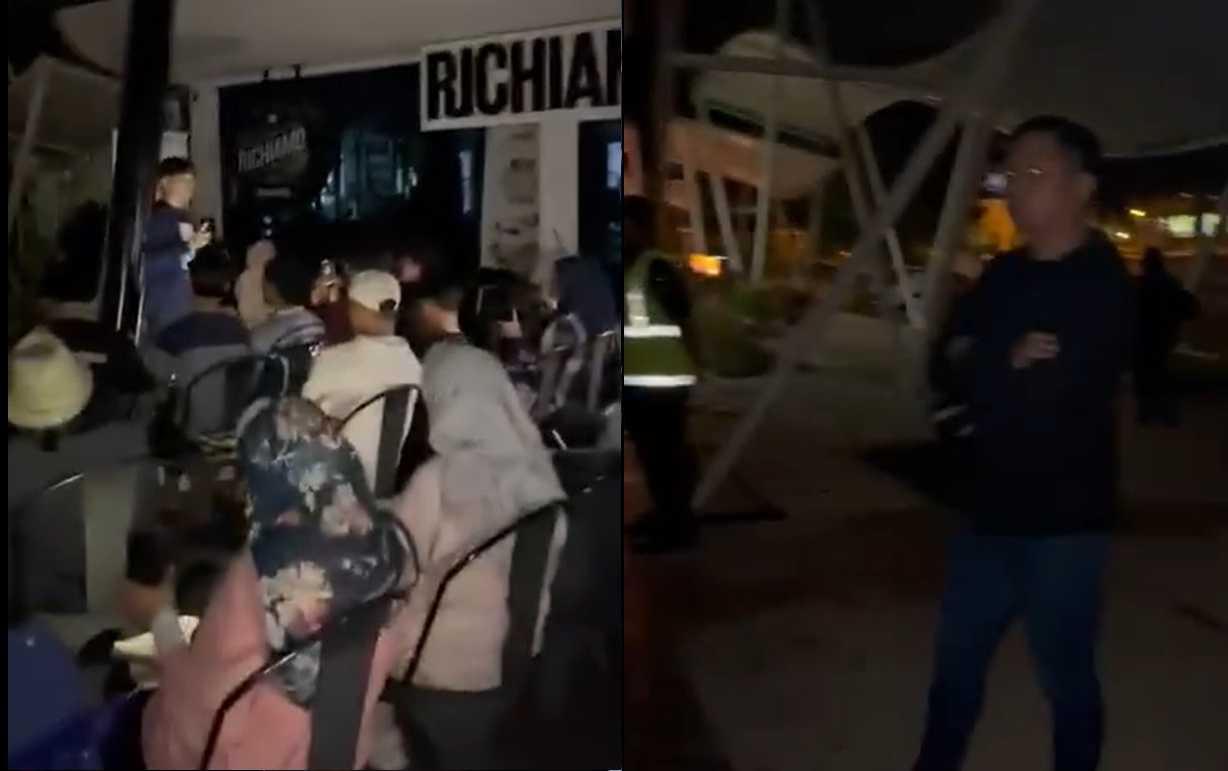'Special Branch' at public universities raises questions about government's commitment to academic freedom
This followed participants at a forum on statelessness refusing to leave after the event was deliberately interrupted by power cuts.
Just In
The presence of plainclothes police or "Special Branch" (SB) members at public universities has raised questions on the use of state security apparatus to suppress academic freedom, despite the government's assurance of openness on campus.
Last week, a forum on citizenship - "Stateless Citizens = Illegitimate Children?" - at the International Islamic University (IIU) was disrupted by campus security and several individuals believed to be SB personnel.
It came a month after another controversy over academic freedom in which Universiti Kebangsaan Malaysia (UKM) was criticised for banning its staff from making public statements.
In the incident at IIU's Gombak campus on Nov 7, the university's auxiliary police and members of SB switched off the electricity at a cafe where the forum was being held, according to a spokesman for the organisers.
"When the committee (for the forum) arrived at the venue to prepare for the programme, some IIU auxiliary police and SB members came and prevented us from going ahead with the programme," said Zaim Zulkifli of the group Malaysian People's Advocacy Assembly, or Haram.
"Their excuse was that we needed permission, but it was a public place which is not under the purview of Student Affairs (department) as we had already obtained permission from the owner," he told MalaysiaNow.
Despite the power cut, participants refused to budge and instead switched on their mobile phone torches to continue the programme.
A timely intervention by IIU deputy rector, Mohamad Fauzan Noordin, who happened to be on campus at the time, put an end to the intimidation.
"He also allowed the forum to continue on the basis of advocacy," said IIU in a statement confirming the incident.
Special Branch is a unit of the police tasked with gathering intelligence information on threats to "national security" including activities often labelled "subversive".
Zaim said it was not the first time SB personnel had been present to interfere with student programmes.
"Previously, activist Fahmi Reza was invited to IIU for the Sekolah Kesatuan 2.0 programme, where SB members were present.
"We could recognise them as SB members by the way they were dressed and by talking to them," he added.
MalaysiaNow has contacted Bukit Aman police for a response.
Meanwhile, IIU did not respond to questions on the presence of SB members on campus.
Zaim also recalled an incident in 2014 when a speech by IIU student activist Hanif Mahpa, who was criticising the then Barisan Nasional government, was disrupted after authorities switched off the lights and confiscated the microphone.
Last month, former education minister Maszlee Malik questioned UKM over a circular banning staff from making public statements, including posting them social media.
However, UKM claimed it encourages its academic staff to express their views.
"Be courteous when commenting and criticising, with each point backed up with facts within the discipline and expertise," the university said in a statement.
Freedom on campus is restricted by the Universities and University Colleges Act, one of many laws that Pakatan Harapan had promised to abolish if it came to power.
However, Prime Minister Anwar Ibrahim said the law should not be abolished in its entirety.
"Some other provisions are important and I do not think it is appropriate to repeal them.
"We can amend some provisions that need to be clarified," he said last year.
Subscribe to our newsletter
To be updated with all the latest news and analyses daily.
Most Read
No articles found.
